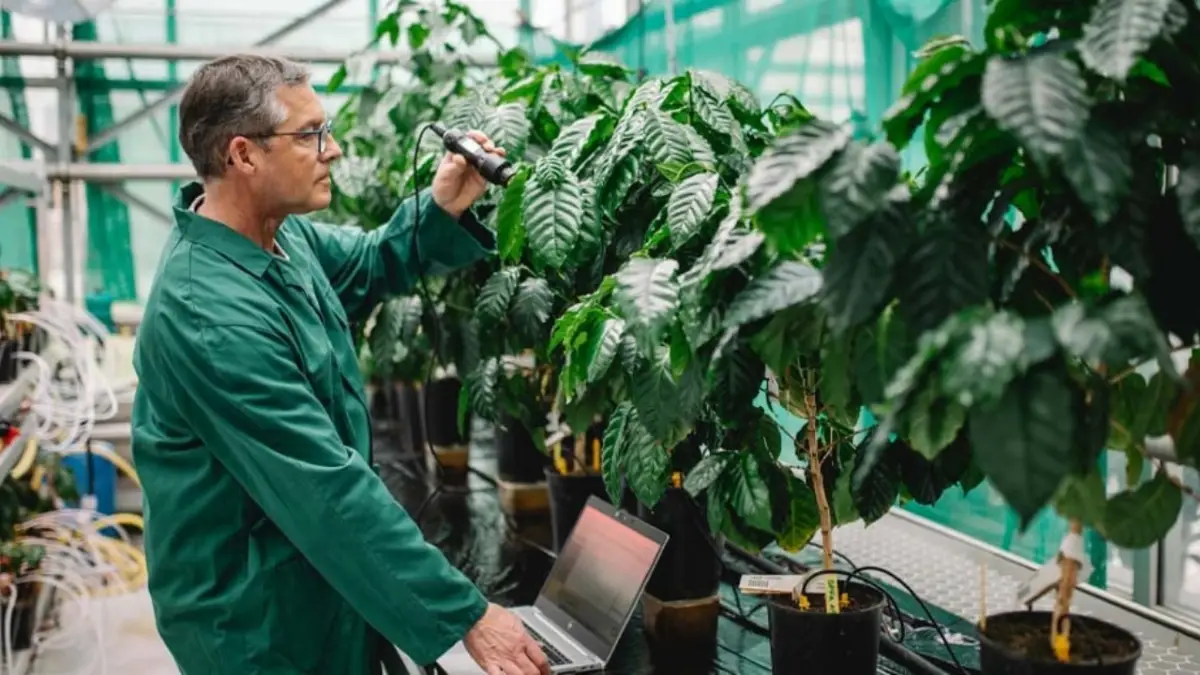
Brazil: Nestlé experiments with "resilient" coffee
Arabica variety Star 4 offers higher yields and is resistant to climate change /Video

As global demand for coffee continues to increase, recent climate change models suggest that land suitable for growing Arabica coffee could decline by more than 50% by 2050. To mitigate the impact of these changes on the coffee supply chain and to To ensure that sustainably grown coffee is available for future generations, Nestlé is leveraging its expertise in agricultural science. Using traditional breeding methods, Nestlé plant scientists and agronomists have developed Star 4, a new high-yielding Arabica coffee variety. Selected in Brazil for its resilience, the new variety also has the characteristic flavor of Brazilian coffee.
According to Jeroen Dijkman, head of Nestlé's Institute of Agricultural Sciences, the group has taken "another important step towards resilient coffee supply chains, ensuring that consumers can continue to enjoy great coffee in the future. The new variety features from larger bean sizes and resistance to coffee leaf rust,” Dijkman points out, “have shown that, using similar inputs, Star 4 yields are substantially higher than the two most widely used Brazilian landraces. , which reduces its carbon footprint."
Reduced greenhouse gas emissions resulting from higher coffee yields are attributed to improved plant productivity and cultivation methods. “Optimizing cultivation practices remains critical as they are the main factor contributing to the environmental impact of a cup of coffee,” says Marcelo Burity , head of green coffee development at Nestlé.
The largest share of greenhouse gas emissions in the process of obtaining ground coffee comes from its cultivation. The development of locally relevant solutions such as Star 4 also contributes to the Nestlé Agriculture Framework which promotes sustainable agricultural practices and responsible sourcing. The first plants were tested in Sao Paulo and Minas Gerais, two traditional coffee regions in Brazil. Furthermore, in collaboration with the Brazilian foundation Procafé, Nestlé managed to register the new Arabica variety in Brazil. In addition to the development of Star 4, Nestlé has previously developed two Robusta varieties, Roubi 1 and 2, which are being launched in Mexico.
Watch the video:
EFA News - European Food Agency